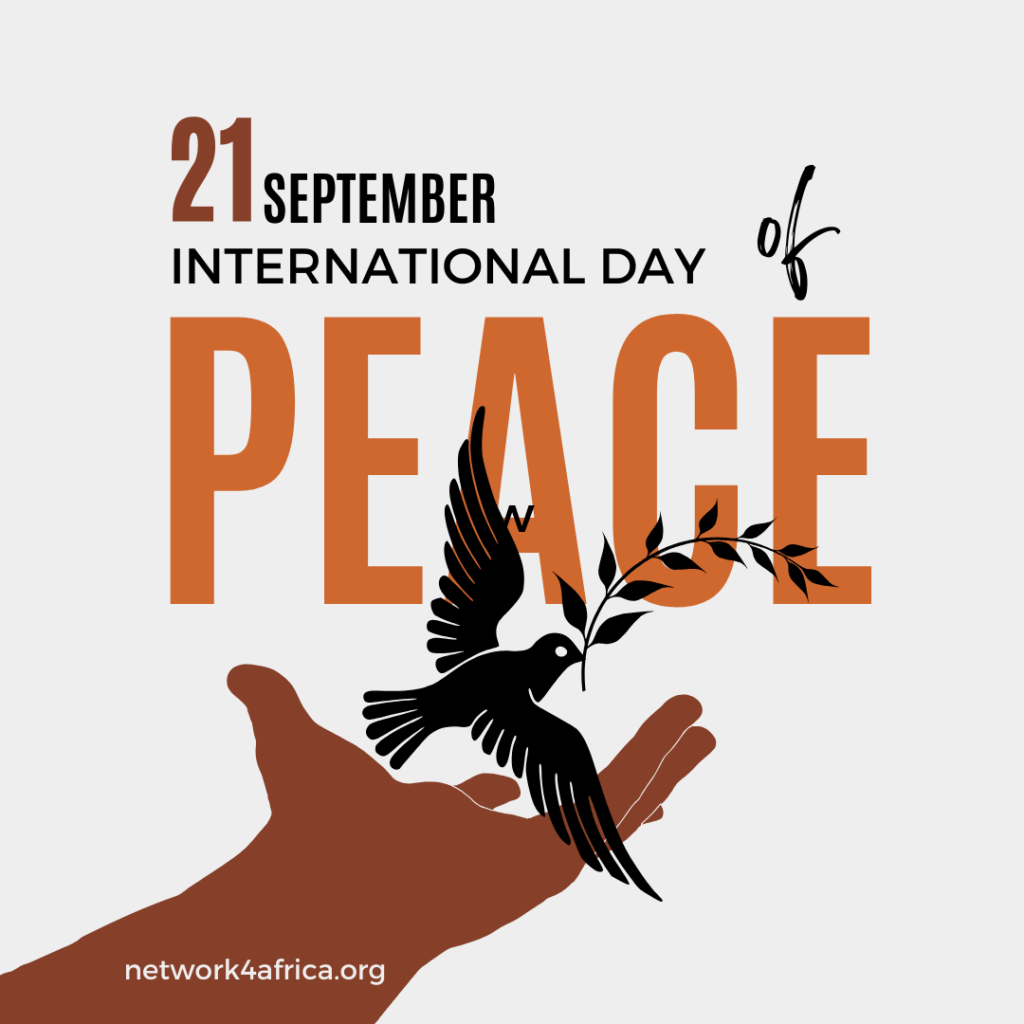Twenty-two years ago, I sat beneath a scrawny, brave little tree in an internally displaced persons camp in Darfur. It was 102 degrees F/38 C, and the Sudanese women I was meeting drew their brightly-patterned headscarves over their mouths to keep the gusts of sand and dust away. They apologised because they had no tea or coffee to offer me.
They had escaped the genocide raging a few miles away, and I was the first outsider to ask them about their experiences at the hands of their own government. Speaking haltingly, in soft voices, translated into English by a nurse, they described being woken by the drumming of horses’ and camels’ hooves on the earth; the war cries and racist abuse of their attackers; the smell of burning as their huts were set on fire, and the screams of their relations as they were killed by the regime’s militia.
The survivors told me they ran for days, until they reached a patch of barren ground where the UN told them they could build a shelter from whatever branches and leaves they could find. But it wasn’t as simple as that. It was clear they had been beaten, branded as slaves by hot irons. Their society is deeply conservative and traditional, so the women described being “harassed,” refusing to use the word rape.
One eighteen-year-old called Hawa sticks in my mind. She was in so much pain she could hardly sit down. Yet it had been two weeks since she was “harassed”. The camp was so lacking in medical resources that she had not been given so much as an aspirin. No one would comfort her, offer support or even mention what she had endured.
How likely was it that Hawa would receive much-needed trauma counselling in the two decades since then? Instead, the war against her non-Arab ethnic group has intensified (although the conflict in Sudan is largely ignored by diplomats and media alike).
The gulf between the medical support we expect in our world and the reality in conflict zones is beyond description.
September 21st is the International Day of Peace, which sounds nice and cuddly. But the reality of an absence of peace is constant danger and stress, and health facilities that are deliberately targeted by the men with guns.

What is Network for Africa Doing About It?
It was with Hawa in mind that we started Network for Africa. But how do you provide trauma counselling when the source of anxiety is ever-present? You cannot convince a survivor they are safe while they are surrounded by militias intent on killing them. For this reason, our projects are in countries that have experienced extreme violence recently, but which are no longer in the grip of “hot war”: northern Uganda, Rwanda, and Sierra Leone. (The Sudanese authorities threw us out after only a few days).
Working with respected and reliable local partners whom we have known for years, we provide trauma counselling to thousands of survivors like Hawa. With your help we will continue providing this essential service. Despite the best efforts of the optimists promoting the International Day of Peace, there will be many more women like Hawa seeking understanding, a sense of community, and the tools to manage their flashbacks. Thank you for being part of the path forward. Please visit our donation page to continue supporting Network for Africa.